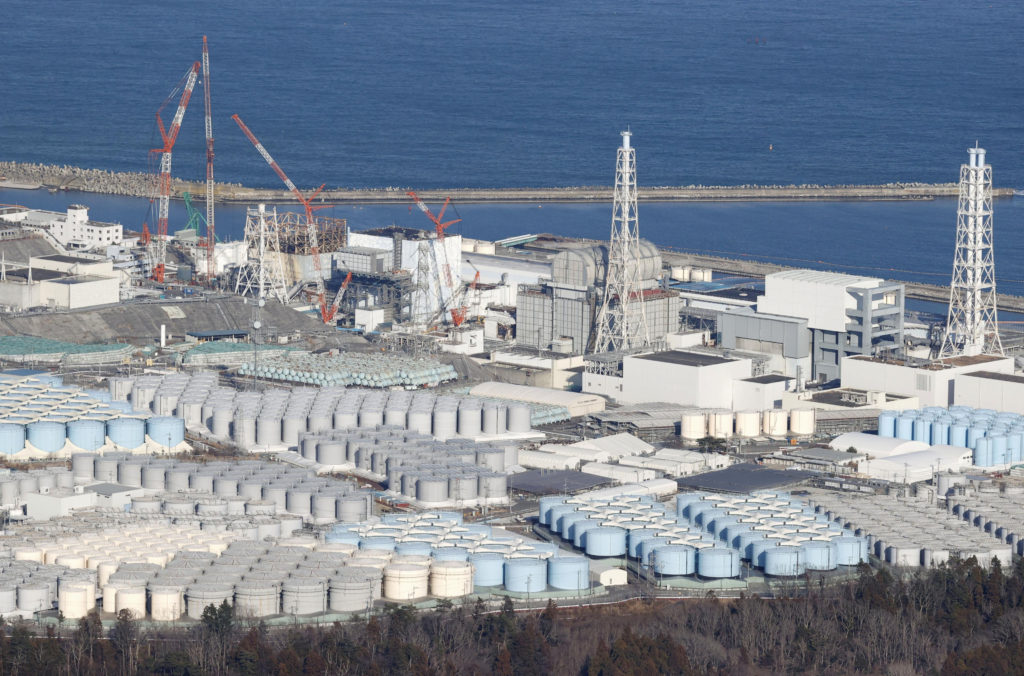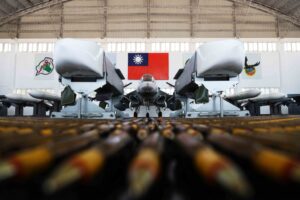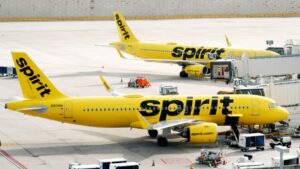The South Korean government has provided assurance to its citizens regarding the safety of Japan’s initiative to release treated radioactive water from the Fukushima nuclear plant. Amid ongoing protests from the fisheries industry and public concerns, Prime Minister Han Duck-soo emphasized the endorsement of international organizations and experts in the field of nuclear energy, stating that there is no reason for Koreans to worry about Japan’s planned water release. However, he stressed the importance of Japan adhering to scientific standards and maintaining transparency in sharing information. Han urged the Japanese government to uphold its promise of transparent information sharing over the next three decades.
To address concerns, Korean experts will visit the International Atomic Energy Agency’s office at the Fukushima site biweekly, and Japanese authorities will provide information about the radioactive water release every hour, including in Korean, while also coordinating with Korean officials in case of abnormalities. South Korea plans to establish a monitoring system at multiple locations in international waters around Pacific Ocean islands, enhancing the existing monitoring near Japan.
Prime Minister Han urged the public to trust the government and scientific evaluations, encouraging a rational perspective. Despite worries that the water release plan might affect seafood imports, he emphasized that the import ban on products from affected Japanese prefectures, including Fukushima, will remain in place, and the issue of radioactive water release is distinct from food safety considerations.
In response to potential economic challenges, the Korean government is allocating a budget of 64 billion won ($48.5 million) to support seafood consumption, with plans to double the budget next year. Measures to stabilize seafood prices are also being prepared. Furthermore, an emergency fund for fisheries will see a significant increase, with eased loan limits and reduced regulations.
Japan has commenced the release of radioactive water from the Fukushima Daiichi power plant as per the plan announced by Japanese Prime Minister Fumio Kishida. The plan spans over three decades, with a gradual release of the treated water into the Pacific Ocean. While Japan’s approach has gained approval from the International Atomic Energy Agency, the challenge lies in the removal of tritium, the only radionuclide that remains in the treated water.
Prime Minister Kishida’s visit to the Fukushima site followed a trilateral summit involving President Yoon Suk Yeol and US President Joe Biden. South Korea received notification of the water release plan ahead of Japan’s official announcement.
(Source: Son Ji-hyoung | The Korean Herald)









